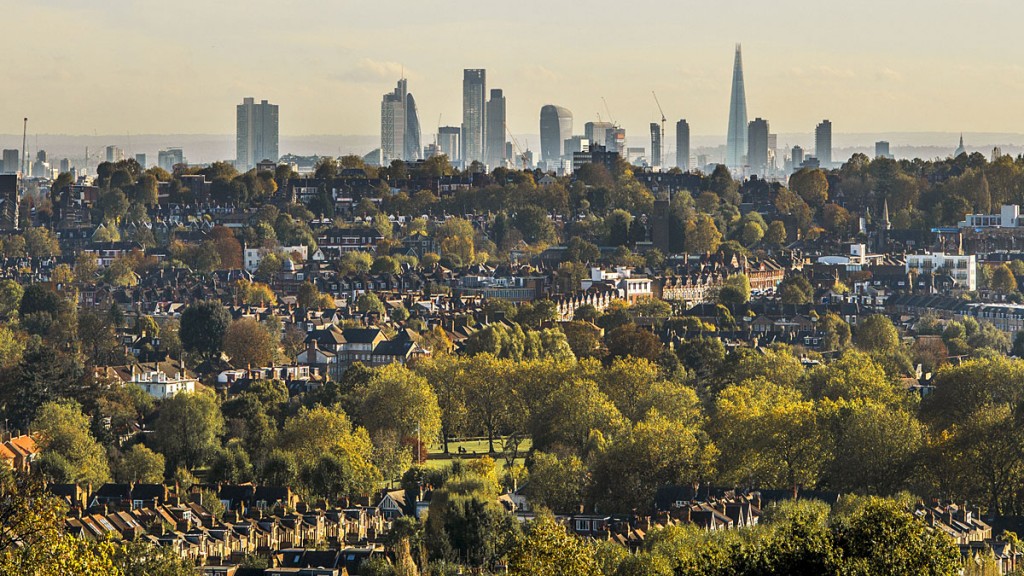
Earlier today I retweeted something – a table called “finance capitals of the world in numbers” – without looking at it properly. I wish I had – I wouldn’t have given it the time if I had noticed what nonsense it was.
The finance capitals of the world in numbers…… pic.twitter.com/x1nEiAjtMe
— Nick Reid (@Shinsei1967) October 12, 2016
The thing was based on Deutsche Bank research and designed – presumably – to show how fragile London’s position at the top of the global money tree really is. But look at the numbers in it and it makes no sense at all. It tells us for example that there are 2.2 million employees working in financial services in Frankfurt and a whopping six million in New York.
But the total population of Frankfurt is only 800,000. And the total population of New York is only 8.5 million (1.6 million in Manhattan). I’m prepared to assume that both cities get a lot of commuters in to work in financial services, but still the numbers are pushing it. The total population of New York State is 19.75 million. Do we really believe that going on 30% of them make their way to Manhattan every day to push money back and forth? And are we to believe that every man woman and child in Frankfurt has two jobs in the financial sector? Really not.
The truth is that there isn’t a city in Europe’s time zone that has the financial services critical mass that London has. When I chaired a panel at the Sibos conference in Geneva a few weeks ago I asked my panel (and audience) – all senior finance people – which European city would take over from London in the next few decades. They all said there is no such city.
Other cities might take bits and bobs of London’s business and that may affect the number of new jobs that come to London over the next decade or so. But it works for big firms to concentrate their staff in one location and there is nowhere else that can offer the full infrastructure (from education to services) that a global financial centre requires.
My panel were all worried about Brexit (big time). But it wasn’t London that they saw as being the place that would take the hit.